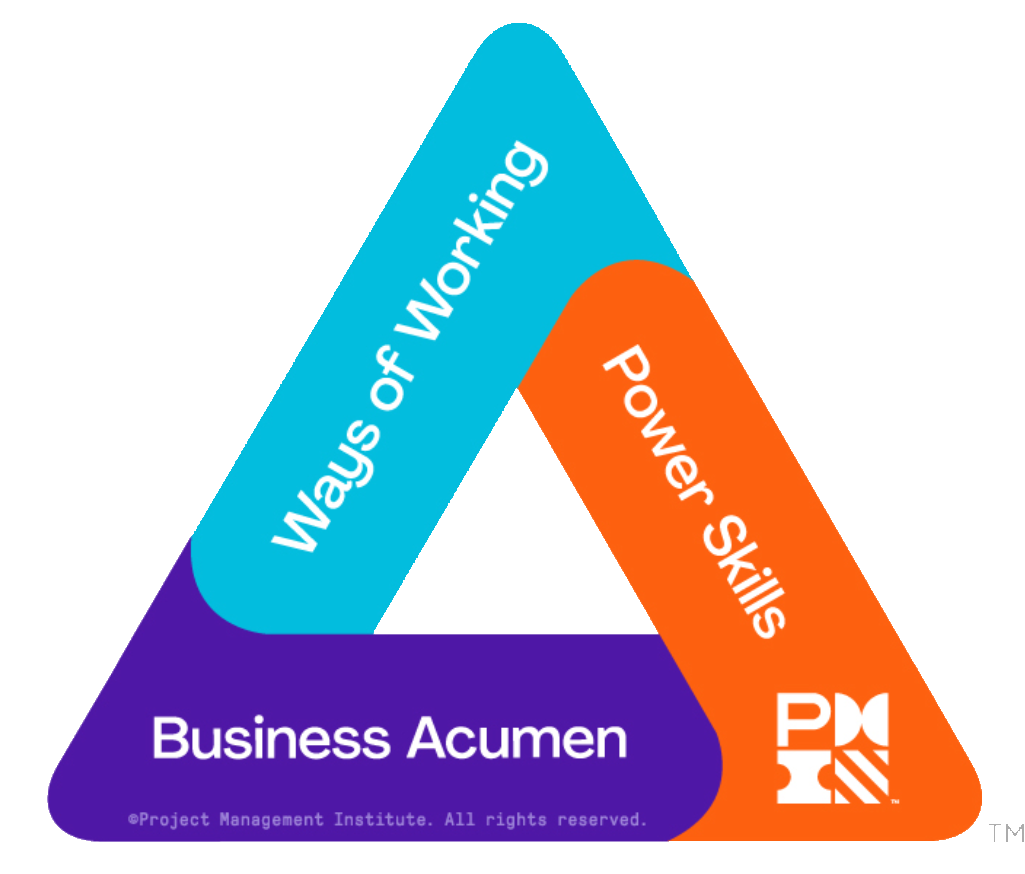
A question we often ask at our workshops is “Who wanted to be a PM when they were growing up?” The answer is always the same, “No One”. We all become project managers by default. Once we become project managers, we soon realize that the skills we require are not the skills in which we have been trained. That’s what this workshop is about: teaching you your project management survival skills. These are the skills, the knowledge, and the behaviours you require to manage the design and construction of complex, industrial projects in facilities.
This workshop will equip you with the practical tools, skills, behavioral attributes, and competencies needed to manage your complex design and construction projects. Using lectures, facilitated group discussions, and case studies, the course will focus on practical applications and techniques for immediate implementation and project results. You will learn "what" to do, "how" to do it, and "why" you need to do it.
After participating in this course, you will be able to:
This course is designed for (and considered a must for) those transitioning from a technical role to a project management role, plant personnel new to project management and others who are involved in managing the design and construction of complex projects in operating facilities (i.e. engineers, technologists and technicians, tradesmen, maintenance personnel, and other personnel from industrial users, utilities, municipalities, educational institutions, commercial facilities, consulting engineering firms and manufacturers). Topics covered in this course are also of great value to managers and other non-technical project personnel.
There is no prerequisite for this course. It functions as a stand-alone course.
Participants will receive a course binder containing copies of the presentation slides, case studies, handouts, and exercises. They will also receive a copy of Plant Project Engineering Guidebook for Mechanical and Civil Engineers, and a CD containing templates for all the forms discussed, project management material of interest, and solutions to the exercises.
Introduction and The Big Picture
The Project Lifecycle
Project Planning
Stakeholder and Risk Analysis
Estimating
Progress Monitoring
| Procurement (Works, Goods, Consultants)
Construction Management
Contract Administration
Commissioning and Start-up
Training and Completion
|
The incidents described in the case study are typical of the types of things that happen in real-life industrial design and construction projects. In reality, if project sponsors do not start out with an understanding of project management and its processes, the probability of the problems happening are surprisingly high.
The story of the project is set out according to its natural evolution, from concept to close out. The case study has a set of questions organized by project management knowledge area requiring attendees to determine what happened and how they would handle the problem / situation.
Course ID: 1555
Course Level: Beginner
Duration: 3 days
Sessions not found.
 The following table provides the breakdown of the professional development units (PDUs) for this course aligned with the PMI Talent TriangleTM.
The following table provides the breakdown of the professional development units (PDUs) for this course aligned with the PMI Talent TriangleTM.
| WoW | PS | BA | |
| PMP | 21 | 0 | 0 |
| PgMP | 21 | 0 | 0 |
| PfMP | 0 | 0 | 0 |
| PMI-ACP | 0 | 0 | 0 |
| PMI-SP | 3 | 0 | 0 |
| PMI-RMP | 3 | 0 | 0 |
| PMI-PBA | 0 | 0 | 0 |
The three columns in the above table are Ways of Working, Power Skills & Business Acumen.
Other professional (re)certification credits are available, including: